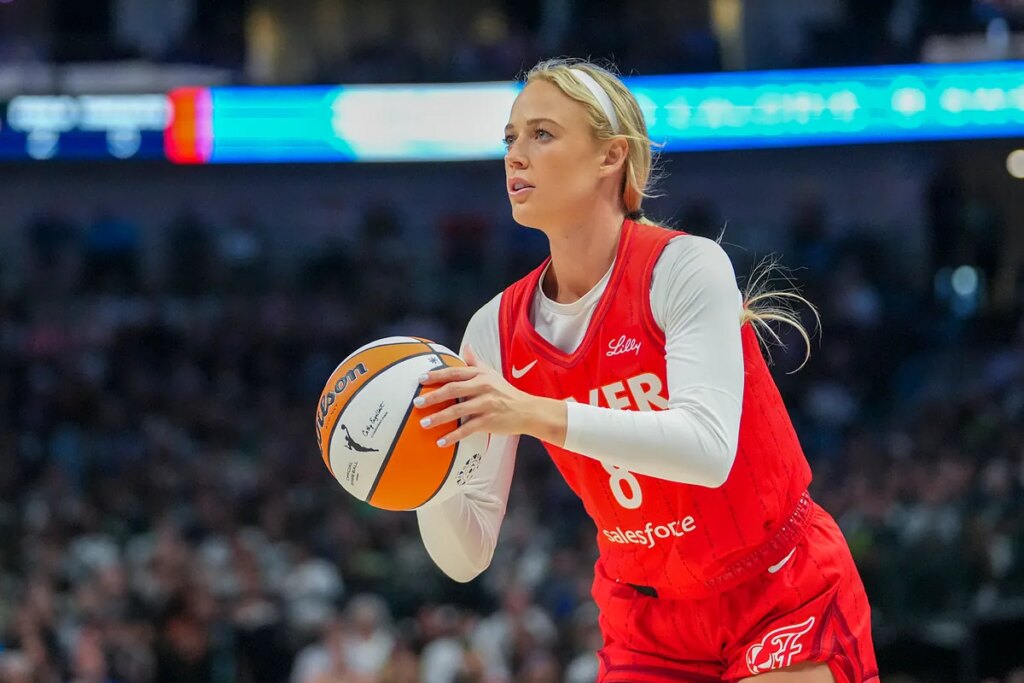On June 30, 2025, the Women’s National Basketball Association (WNBA) made a significant announcement, revealing plans for a major league expansion. Three new teams-Cleveland, Detroit, and Philadelphia-will join the league, each with a $250 million expansion fee.
Cleveland will debut in 2028, followed by Detroit in 2029 and Philadelphia in 2030. This expansion represents a bold step for the WNBA, not only increasing the league’s reach but also reconnecting with cities that have strong basketball traditions, sparking both excitement and debate among players, fans, and analysts.
The expansion announcement was met with mixed reactions. WNBA star Sabrina Ionescu voiced her enthusiasm about the league’s growth. She emphasized that expanding to cities like Cleveland and Detroit was a step forward for the WNBA, which has long been a dominant force in professional women’s basketball.
Detroit, in particular, has a rich basketball history, having been home to the Detroit Shock, a team that won three championships in the 2000s before relocating to Tulsa. Cleveland also has deep basketball roots, having once been home to the Cleveland Rockers, one of the original WNBA teams.
Additionally, both cities have strong NBA followings, with the Detroit Pistons and Cleveland Cavaliers playing major roles in their respective sports cultures.
However, not all reactions were positive. Indiana Fever forward Sophie Cunningham found herself at the center of controversy when she expressed doubts about the new markets.
After the expansion announcement, Cunningham questioned whether Cleveland and Detroit were the best choices, commenting, “I don’t know how excited people are to be going to Detroit or Cleveland.” These remarks quickly sparked backlash from fans, who felt that Cunningham had dismissed the historical significance of these cities within the basketball world.
Cunningham responds to backlash
In response to the criticism, Cunningham took to social media to clarify her comments. In a video shared by Forbes journalist Tony East on X, she explained that she never intended to disrespect Detroit or Cleveland. “I know the history behind the WNBA. I know both cities have had teams before,” she said.
Cunningham further explained that her comments were not about the cities’ basketball traditions, but rather about the off-court lifestyle, which she felt might be more vibrant in other markets like Miami.
“I think it’d be fun to get some teams outside the NBA markets,” Cunningham said, explaining that non-NBA cities could bring unique off-court experiences.
Cunningham’s clarification revealed that her remarks were about broadening the league’s horizons, creating opportunities for new fan experiences, and expanding the WNBA’s presence beyond traditional basketball markets. She also emphasized that she would never “speak down” on working-class, blue-collar communities, acknowledging her own roots in Missouri.
Despite the initial controversy, the WNBA’s expansion into these passionate basketball cities remains a significant step in growing the league’s presence and broadening its fan base. The move is a strategic effort to attract new audiences while strengthening the WNBA’s position as a leader in professional women’s sports.
Read the full article here

